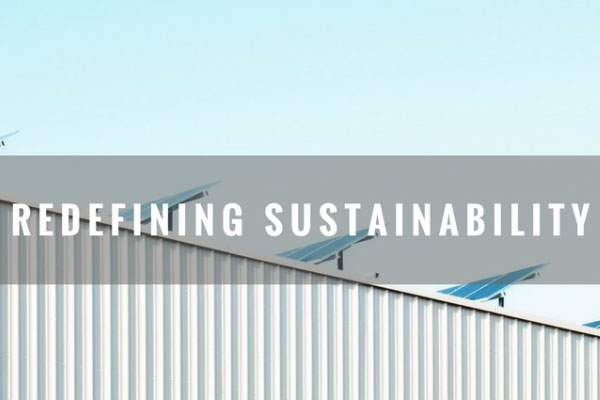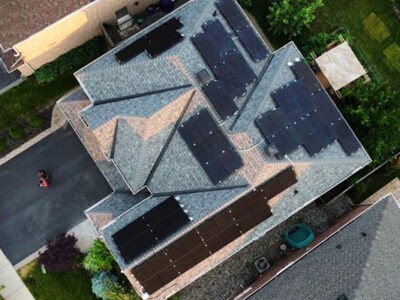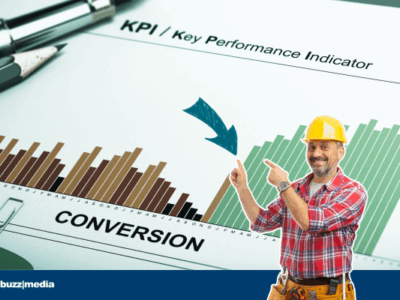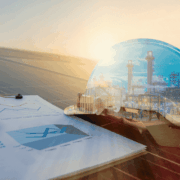Sustainability has become a virtue that organizations and companies are seeking often forming alliances with other companies that embodied these values. But for all of its virtue, has the term ‘Sustainability’ become the new buzz word.
Thus, for some companies, the driver for integrating sustainability into their businesses, is simply another measure to ensure that they remain competitive.
Here is the challenge, with the significant focus on the climate change conversation, the definition of the word sustainable has become, simplified. Protecting the environment is an essential part of sustainability, however, it is only one of the three pillars of what sustainability need to be.
To be fully sustainable, businesses need to consider investing in actions that are economical, socially and environmentally sustainable.
There is no question that companies are recognizing the benefit of integrating sustainable policies in their business, to help reduce their bottom line, tax reductions, and for consumer relations.
However; sustainable practices can no longer be looked at as something to do to get more business. Maintaining this type of mentality could put these practices at risk of extinction, which in turn, will have a negative impact on future generations.
Today, I urge you to take a moment to think about what does sustainability mean to you and your operation? What were the driving factors?
There is no question that sustainable practices demonstrate that your company is investing in protecting the environment, and the people within it. It’s a great company story. The story needs to keep going, adopting and maintaining sustainable methods of operation is essential for the future.
Sustainability is most often linked with policies that aim to reduce waste, decrease emissions, and limit the negative impact to the environment. Companies that have defined themselves as leaders in sustainability are adapting infrastructures to achieve their goals of a net positive business.
However, when considering these changes for ‘sustainability’s’ sake, businesses need to consider can this program, process, policy, infrastructure if implemented, endure?
In fact, one of the initial definitions of sustainable development came from the World’s First Earth Summit in Rio in 1992. At that time, the definition of sustainable development was “Development that meets the needs of the present without compromising the ability of future generations to meet their needs.”
We believe, that when investing in infrastructure, for the current generation, we need to look how the structures will impact future generations from making decisions that are best for themselves.
We are very practical, greenies.
When we talk about the impact of switching to solar energy, it is not just about the positive environmental impact. We are also looking at energy from an economic standpoint.
The investments that we are making in the electricity infrastructure today will heavily impact what future generations are able to do, tomorrow.
Right now, energy is at a premium. As the years progress the cost of traditional energy will increase not decrease – while the cost of renewable energy today is proven to be less expensive in the long term.
No More Band-aids!
If we are looking at energy solutions that will sustain future generations, then we need to peel away the existing band-aid solutions. Temporary solutions are not solutions. They are just delaying an existing problem until later when, potentially, the problem could seem almost infeasible to manage.
The current infrastructure is not economically viable. If we continue to go down the existing path, we will leave future generations with the risk of financial bankruptcy.
To date, the government has spent billions of dollars and is trending to continue this spending trend. Nuclear energy, which is where close to 60 percent of our existing energy comes from, requires extensive maintenance and support.
When making decisions today, we need to be considering the impact that this decision will have tomorrow. This is what it means to embody sustainability.
It is about looking at solutions that are environmental, economically and socially sustainable.















Comments